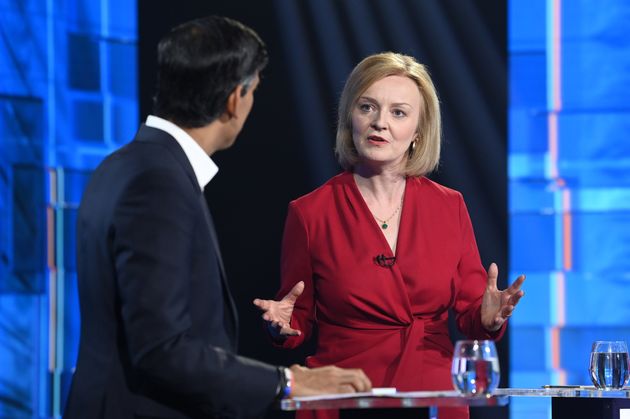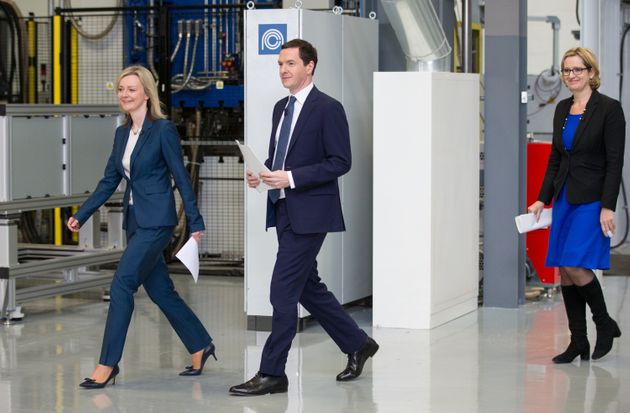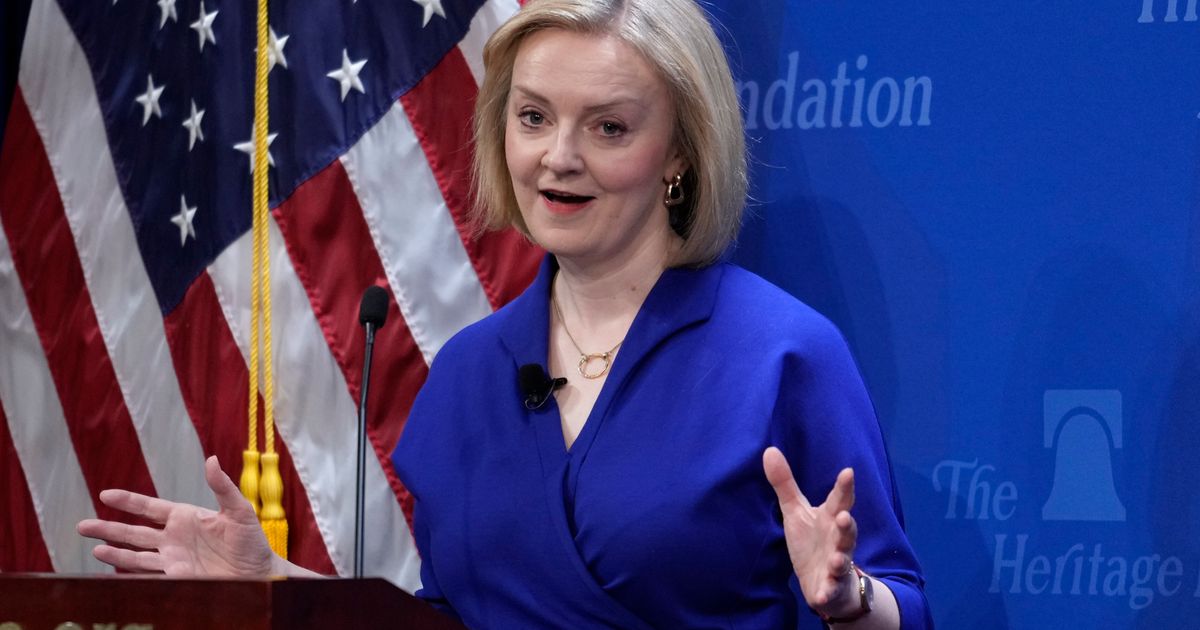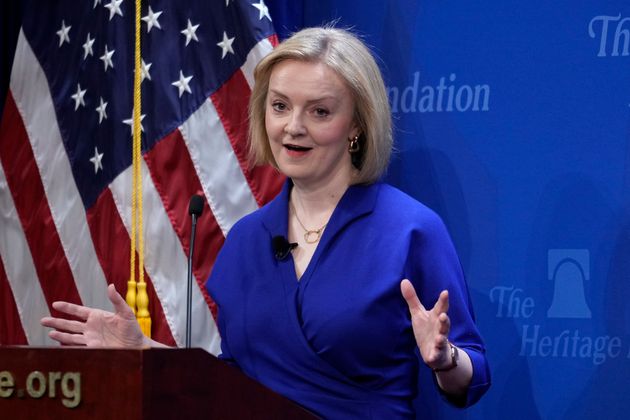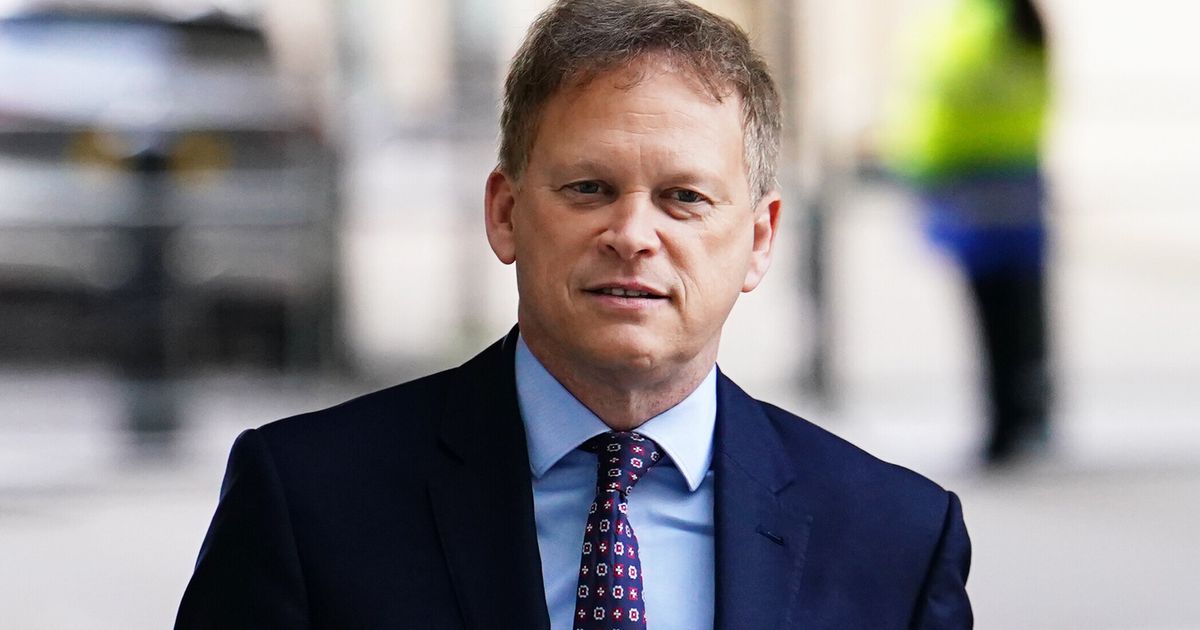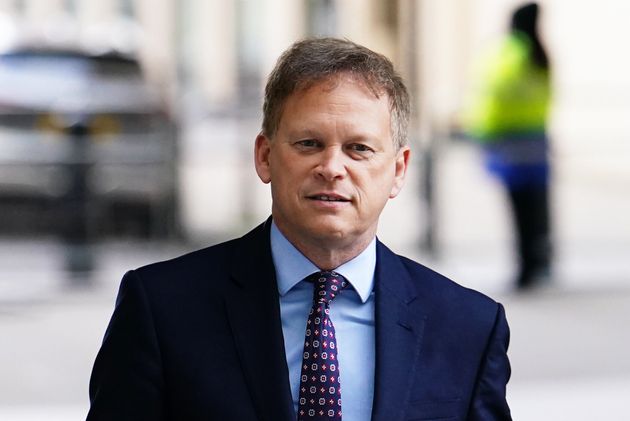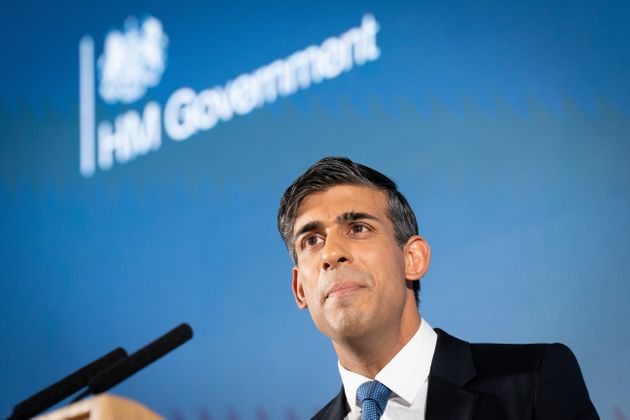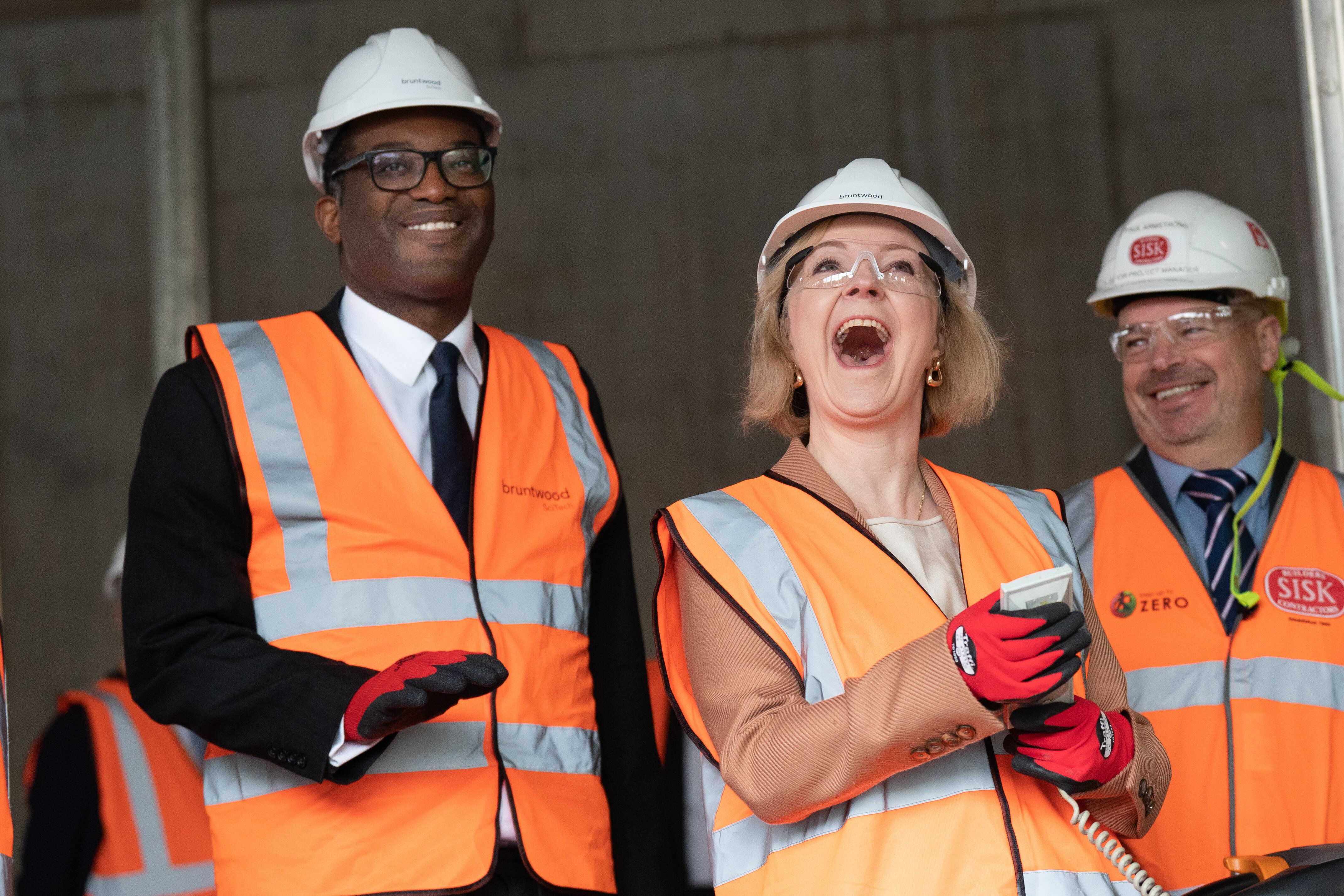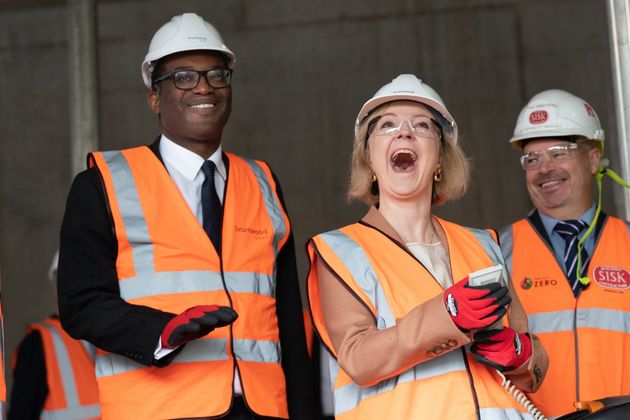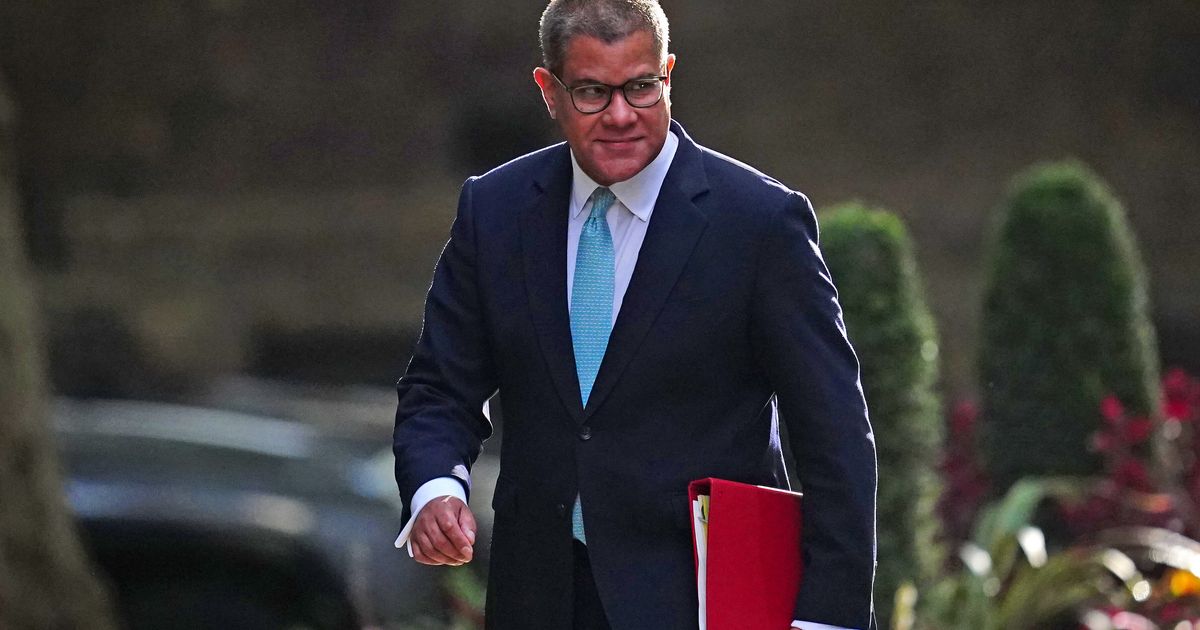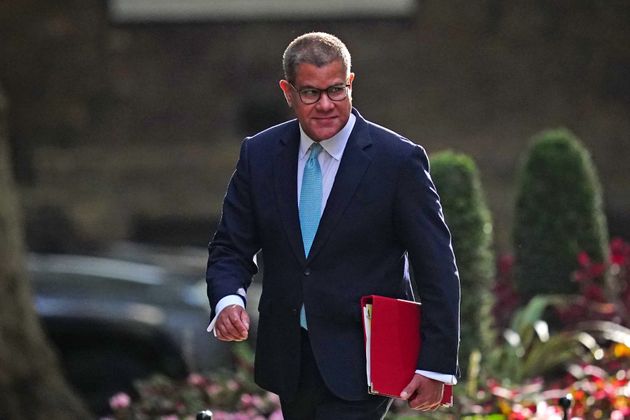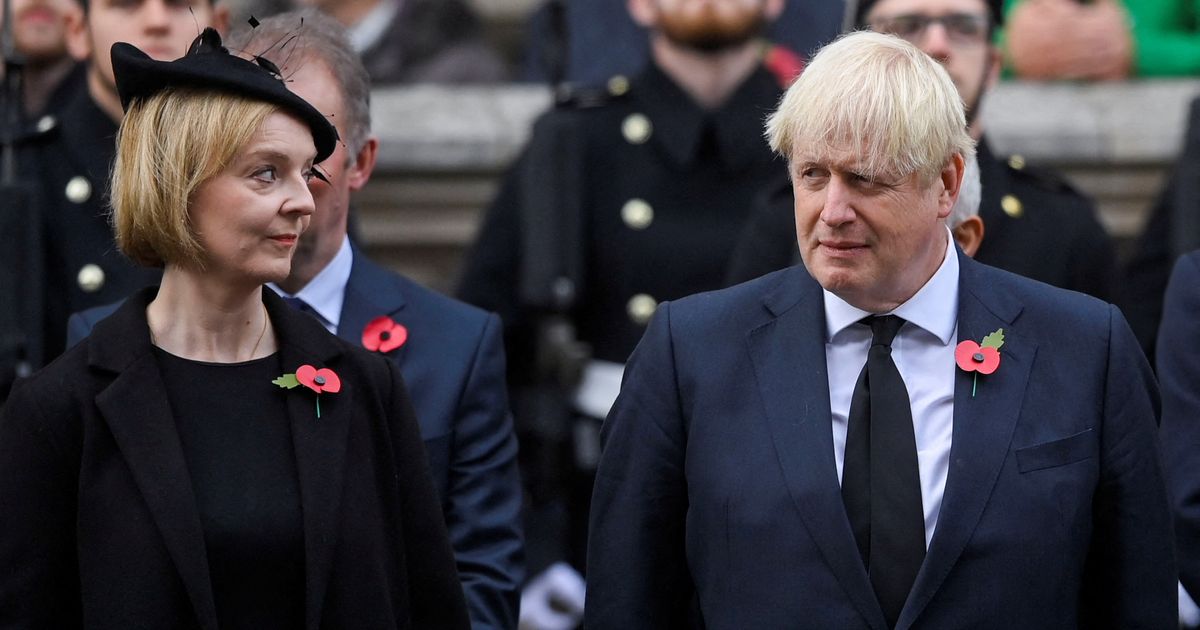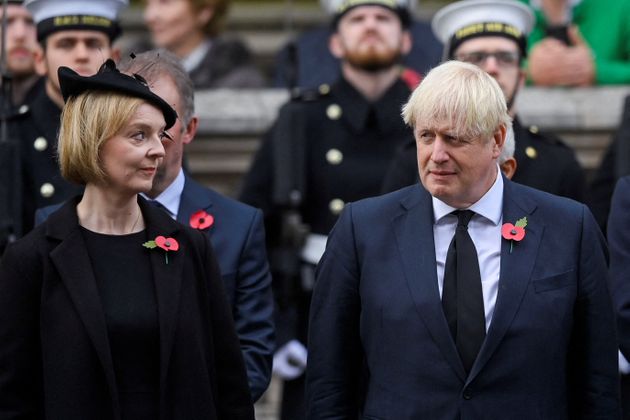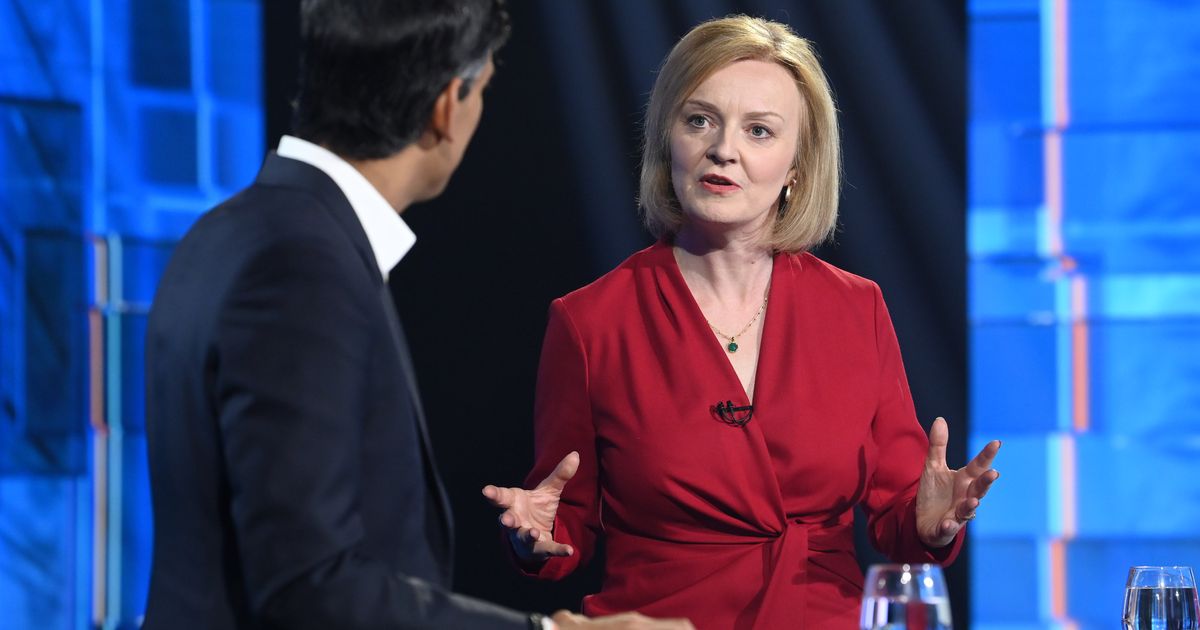
Liz Truss has condemned Rishi Sunak for U-turning on his previous decision to describe China as a “threat” to global security.
The former prime minister will hit out at her successor – and former Tory leadership rival – in a speech in Taiwan.
Advertisement
Sunak made clear his concern about China last July during his battle with Truss to succeed Boris Johnson in Downing Street.
In a tweet, Sunak said: “China and the Chinese Communist Party represent the largest threat to Britain and the world’s security and prosperity this century.”
He also pledged to shut down the UK’s 30 Confucius Institutes, which promote and teach Chinese culture.
Advertisement
But speaking in March – four months after taking over from Truss in Number 10 – Sunak struck a more conciliatory tone by refusing to say he still saw China as a threat.
He said: “I don’t think it’s kind of smart or sophisticated foreign policy to reduce our relationship with China – which after all is a country with one and a half billion people, the second biggest economy, and member of the UN security council – to just two words.”
In a speech in Taiwan, Truss will call on Sunak to stand by what he said about China last year.
She will say: “Last summer the now British prime minister described China as ‘the biggest long-term threat to Britain’ and said the Confucius Institutes should be closed. He was right and we need to see those policies enacted urgently.
“The UK’s integrated review needs to be amended to state clearly that China is a threat. Confucius Institutes should be closed down immediately.”
Truss, the UK’s shortest-serving PM, also took a swipe at Sunak when she said “there have been too many mixed messages” about China by western leaders.
Advertisement
“There can be no more ambiguity,” she added.
Elsewhere in her speech, Truss will call on the west to defend Taiwan in the face of Chinese aggression.
She will say: “We in the west have a collective responsibility not just to do the right thing by Taiwan, but also to hold the Chinese government to account for its actions.
“My visit this week is enabling me to communicate directly the solidarity that the British people have with the people of Taiwan.
“Taiwan really is a shining beacon in the Pacific. It’s an enduring rebuke to totalitarianism. It is an example of the power of free enterprise. It shows the importance of a free society for human happiness.
“We in the United Kingdom and the free world must do all we can to back you.”

